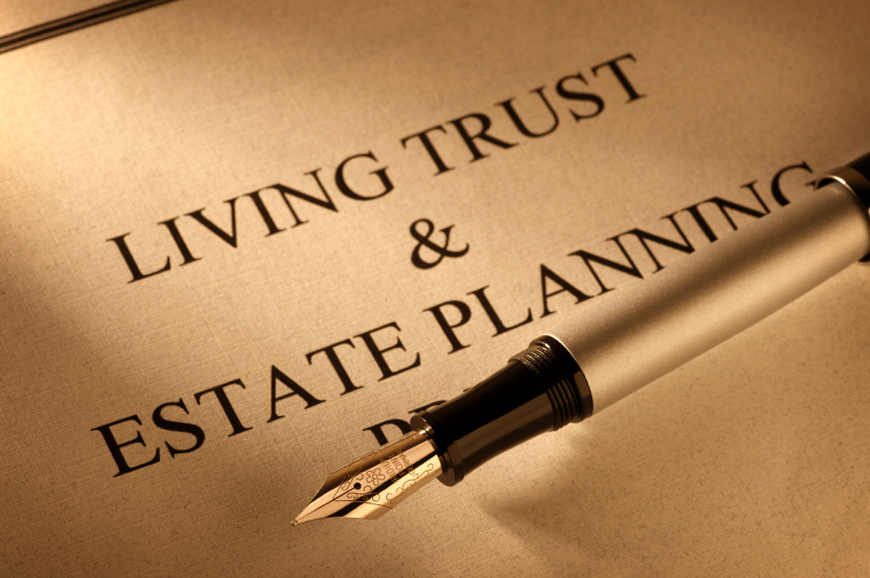
Thinking of the Unthinkable
It’s a topic I’ve covered on two other occasions (first post; second post). Now we’re in a pandemic and I’m once again compelled to share this vital information for all writers out there. We’re living in unpredictable times and no one can afford to be arrogant or in denial about the unthinkable: not surviving a Covid infection. I won’t bore or scare you with statistics or probabilities. Covid is a real infection, a real threat. Writers, you must get your Digital Assets (DA), aka intellectual property (IP), in order.
So I ask:
If It Comes Down to It, What Will Your Writer Legacy Be?
Is this a conversation you’ve even had with yourself or loved ones? Procrastination will only draw out what could become a painful situation for your family. It’s vital you prepare for what may come. Just in case.
“In this new digital world, our lives are complicated by our dependence on many devices, each with its own password and accessible only by you.” A Writer’s Legacy, part 2, January 2019
Your first step is to take inventory of all your intellectual property, both completed and unfinished works. Are your files backed up and easy for others to locate in online folders or another organized system? Now is a good time to get it all organized.
Your Legacy To-Do List
The following is a reiteration of a list that is by no means finite, from a previous post. While it may be time-consuming, you’ll be glad to do it because it’s an opportunity to clean out any work you know you won’t finish.
- Do you have a PayPal, Google Pay, or any account, in addition to personal banking, with monetary value? Who will have access if you die? What happens to the money? Whom will you designate as your beneficiary? Who will you appoint as your Literary Executor (look this up, it’s important)?
- What about personal and business email accounts, blogs, and podcasts? Personal and business websites? Do you want them up and running for people to read/listen to your when-you-were-a-breathing-starving-artist work?
- Do you keep a list of logins and passwords to all of your online accounts? Make sure your designated Estate attorney has the most recent copy on file or at least your computer password so s/he can access the information (best kept in one location, like a cloud account).
- What electronic devices do you own that need a password for access? Do you have a laptop, smartphone, tablet, DVR/Tivo, Ring, or a home security system? How many apps do you access from your phone? Does anyone else have the access code for your phone so they can access (and delete) the apps?
- Do you bank online? What about mortgage payments, investment banking, utilities, airline, or other memberships? Which memberships automatically renew online? You’ll need to spell out which to cancel and which to keep active for your heirs/estate.
- Do you have any Social Media accounts like Facebook, LinkedIn, or YouTube? Any accounts with e-commerce sites like Amazon, Netflix, Hulu, Ebay, etc.? Check the policies of these companies regarding access by another person. You’ll need to legally designate someone if you want that person to clean up your online life.
- How much of your work is unfinished? Do you want someone else to finish it? Or would you prefer your Executor/Executrix just heave every incomplete project, every potential novel/poetry book/best-selling short story into a shredder? What will you do with the work you have completed? Who gets the royalties? Who will do the marketing to keep the sales going?
- Do you have translations of your book? Movie deals? Audio books? Who will oversee these if they are optioned after your death? Who will make the decisions about maintaining and growing your work after you’re gone?
- Will you leave the option to own, sell or operate your business and control your intellectual property up to your heirs? Or will you decide so your heirs don’t have to? One option is to designate a micro-publisher to oversee your work so that royalties will be properly paid to your heirs.
- What about cleaning up your personal information collected by data-mining companies? If you think it won’t matter once you’re gone, you’re wrong. Someone could use your identity and gain access to your intellectual property and online life, and then your hard-earned money. This can affect any heirs you designate and their ability to oversee your IP or pay any monies owed. Many sites mine all sorts of personal information; you will likely need to join now to have access to your personal information and request they delete it.
- You need to be concerned with writer scams popping up all over the web offering unauthorized copies of authors’ books or scamming writers out of money. Writer Beware is one of many sites that track predatory sites and unscrupulous people trying to steal our IPs. Make sure all is good before passing it on to the heirs.
“It’s a sobering experience to think of your life in these terms, but in the long run you’re doing your family or loved ones a favor by setting it down on paper.” A Writer’s Legacy, Part 2, January 15, 2019
#covid19 #coronavirus #intellectual property #digitalassets #bookAholic #storytellers #writersoninstagram #writer #amwriting #author #writerbeware

